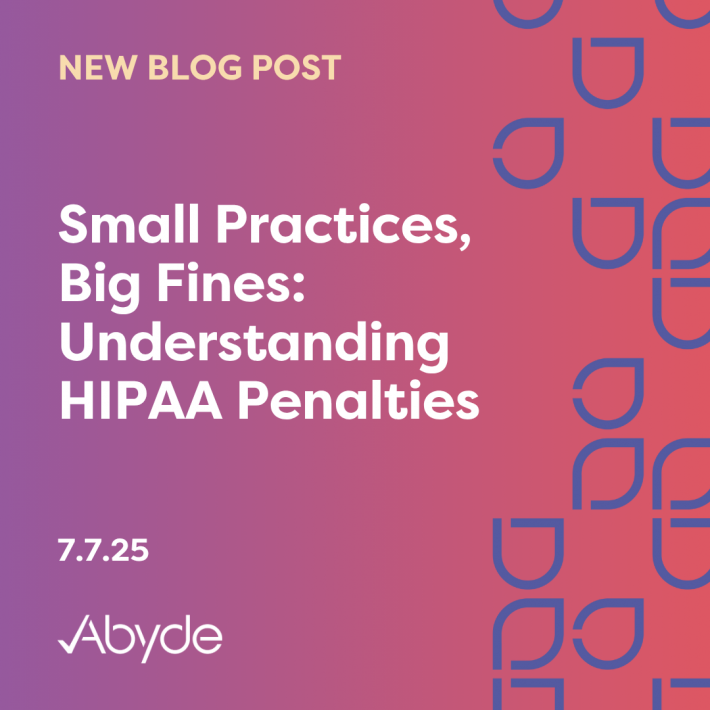January 22, 2024
In the intricate healthcare ecosystem, patient data flows through a network of entities, each holding a piece of the puzzle. At the core are covered entities, like hospitals, clinics, and health plans, directly responsible for patient care and managing their Protected Health Information (PHI). Alongside them stand business associates, vendors and service providers who handle PHI on their behalf, performing crucial tasks like billing, claims processing, and data analytics.
Both covered entities and business associates share a critical responsibility: safeguarding patient data with utmost vigilance. Breaches or misuse of this sensitive information can have severe consequences, eroding trust, damaging reputations, and potentially harming patients. So what exactly constitutes your role in this collective effort, depending on your position within the system?
Unpacking the Roles:
- Covered Entities: These are the organizations directly responsible for patients’ medical records. They must implement robust security measures to protect data confidentiality, integrity, and availability.
- Business Associates: These are individuals or entities that perform certain functions on behalf of covered entities, such as billing, claims processing, data storage, or IT services. While not directly treating patients, they still handle protected health information (PHI) and face compliance obligations.
Sharing the Responsibility:
Some vital roles Covered Entities and Business Associates play in data security include:
- Setting the Tone: Establish a culture of data privacy within your organization. Train staff on HIPAA regulations, implement robust security policies and conduct regular audits to ensure compliance.
- Controlling Access: Implement strict access controls, granting permission to view or modify PHI only to authorized personnel on a need-to-know basis. Regularly review and update these permissions to address any changes in roles or responsibilities.
- Securing the Perimeter: Invest in software to simplify compliance, like automating the security risk analysis, training, policies and procedures and more. An IT infrastructure with encryption, firewalls, and intrusion detection systems is also vital to protect your practice/organization against cyberattacks. You must regularly update software and patch vulnerabilities to stay ahead of evolving threats.
- Contractual Commitments: For Covered Entities, enter into HIPAA-compliant agreements with your Business Associates. These agreements need to clearly outline your responsibilities for protecting PHI and ensuring secure data.
- For Business Associates, enter HIPAA-compliant agreements with not only the Covered Entities you work with but any Sub-business Associates your organization works with.
- Abyde’s software dynamically generates these agreements, simplifying the process for practices and organizations.
- Data Minimization: Only access and use the minimum amount of PHI necessary to fulfill your contracted tasks. Avoid unnecessary data collection and storage, and promptly dispose of PHI when no longer needed.
- Subcontractor Scrutiny: Carefully vet and monitor any business associates or sub-business associates who may access PHI on your behalf. Ensure they adhere to the same level of data security standards as you do.
Shared Accountability, Shared Success:
Protecting patient data is a team effort. Covered entities and business associates must work together, hand-in-hand, to build a robust security ecosystem. This requires:
- Open communication: Maintaining clear and regular communication about data security procedures and potential risks.
- Regular assessments: Conducting periodic risk assessments to identify and address vulnerabilities in data handling practices.
- Proactive planning: Implementing incident response plans to effectively address data breaches and minimize harm.
Compliance is not just a box to tick; it’s a shared commitment to safeguard patient trust and privacy. By understanding their roles and responsibilities, both covered entities and business associates can lead as protectors of patients’ sensitive information.
For more information on how you can ensure compliance, contact us at info@abyde.com and schedule an educational consultation here.





